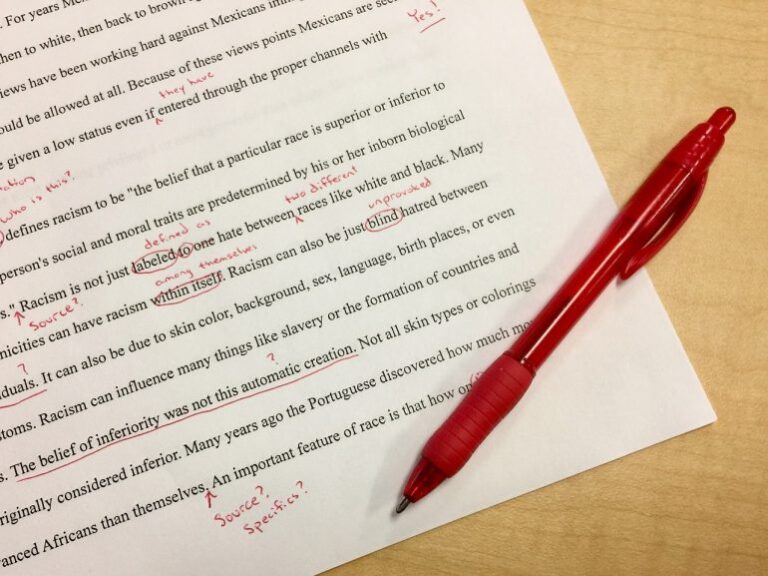A Knack for Names
I once read (though the source is now lost to me) that the names of the characters in a novel do the work of telling the reader what world he’s in. Musicality, characterization, hints at a character’s gender, ethnicity, and social status—all of these are important in a name. But at the most basic level,…



